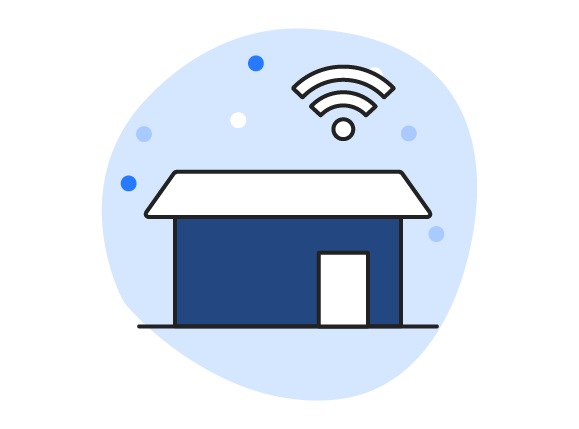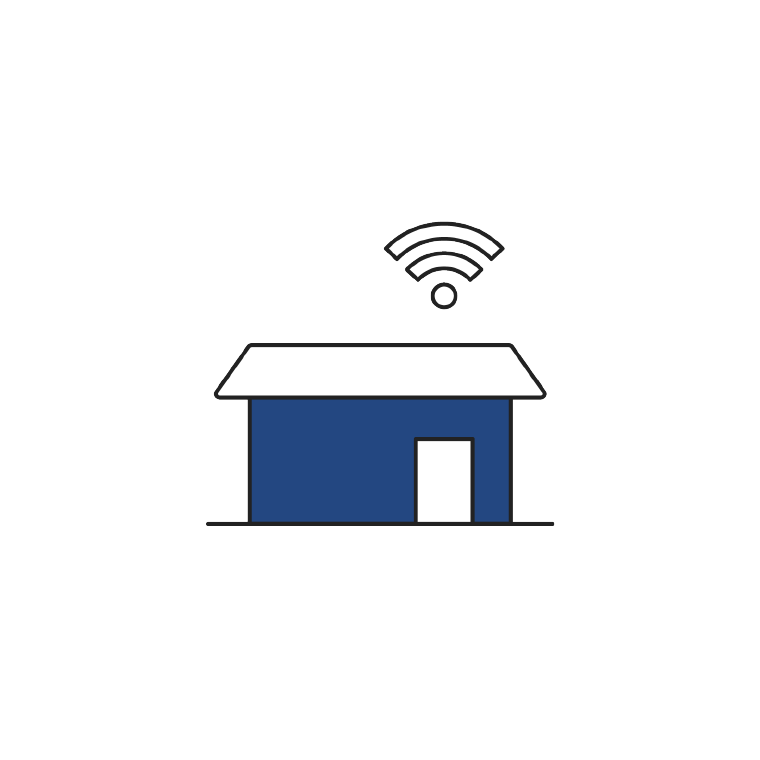
Honduras
555
Connected schools
16,445
Unconnected schools
Honduras has added to its national fiber backbone with 70% of the population living within a 25km range of the network. Although 4G now covers many communities, a large portion of the population remains unconnected (68%). More than 96% of Honduran primary and secondary schools currently lack access to the internet.
Number of connected & unconnected schools: Estimation using national mobile penetration rates as a proxy for secondary school connectivity
Schools present an opportunity to target investment, reach unconnected communities, and create economic growth.
Addressing the usage gap is key to bridging the digital divide. Improving connectivity in 16,445 schools could mean GDP growth of $1.3 billion (2.3%) due to a rise in domestic production from new broadband connections.

Honduras has mobilised investment for school connectivity and digital content creation to support learning at school and in communities

Mobilising Investment to Support School Connectivity
The Government of Honduras has invested in the national fiber backbone, with 70% of the population living within a 25km range of the network. In partnership with the Inter-American Development Bank (IDB) Honduras is investing in improving the quality of education in Honduras, including increasing learners’ capacity to engage with technology. The focus of the project is to create skills suited to employment.

Rapidly Scaling up Digital Learning Solutions
Through the “We want you studying at Home” COVID-19 response program, the Government is developing content to support the national COVID response in partnership with USAID. The curriculum is being hosted on the national education platform “Educatrachos” in addition to commonly used websites such as YouTube and Facebook, and The Secretariat of Education (SEDUC) is also exploring the opportunity to host local curricular content and materials.
Giga is partnering with the Government of Honduras to explore innovative finance models to ensure countrywide school connectivity. Some of Giga’s priority areas for collaboration in Honduras include:
Expanding Project Connect mapping to identify current school connectivity and refine the Government’s connectivity strategy.
Providing technical assistance on the development of performance contracts and results-based financing impact bond models for connectivity that can become best practices in the sector.
Mobilising funding to connect 16,445 schools that currently lack connectivity.
From schools to communities
Schools are often the centre of communities. Giga hopes to explore sustainable models to use the school as a hub to connect people in the local community. This school and community connectivity could support Honduras’s “We want you studying at Home” COVID-19 response program.

